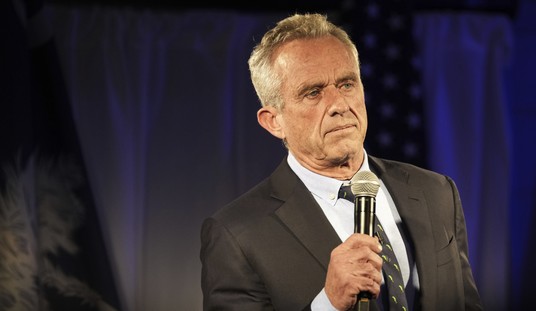“With the usual fanfare and self-regard we have come to expect from the New York Times editorial board, the prestigious paper has changed its mind about pot,” Jonah Goldberg recently noted:
It is a significant milestone, but not altogether in the way the Times would like. For starters, the Times is pulling a bit of a Ferris Bueller here. It is leaping out in front of a parade and acting as if it’s been leading it all along. It’s worth noting that the Times is 18 years behind National Review magazine and my old boss, the late William F. Buckley, and at least 40 years behind Nobel Prize–winning economist Milton Friedman, who wrote in Newsweek in 1972 that President Nixon’s War on Drugs should be called off even before it started.
In-between being a joker, a smoker, a midnight toker, and reporting on the pompitous of love, the Gray Lady has also finally, tentatively discovered something that the rest of us knew in 2007, as the Permanent Press blog notes in this short, Insta-linked post:
“But as Mr. Obama’s second term nears an end, some experts say the president’s words were a fantasy.”
…says The New York Times in discussing the failure of the Obama Administration to deliver on it’s promises of high speed rail.
I think this would apply to a lot of things he said.
Meanwhile, Ace notes another fable-like aspect of the retired president’s rhetoric, his “Soft Words on Terrorism and Genocide:”
Ron Fournier and Charles Krauthammer are stunned that Obama uses such passion-less passive-constructions and weak language to describe the outrages of Hamas, and barely speaks at all about ISIS.
But it makes perfect political sense for Obama to do so.
He does not wish to stir the public, because he does not wish to do anything about these things. Ergo, it makes sense for him to use the most soporific language possible in speaking about Hamas and ISIS.
Watching the press conference yesterday, I noticed how dreamy and sleepy the president’s words were.
But this I think is no accident. He wants the public to go to sleep. He does not want them to rise at the sound of alarm; he wants them to hit the snooze button and drift back into peaceful dreams.
A foreign policy crisis is only a political crisis for the president if the public is actually aware of the crisis and actively thinking about it.
If the American public is not so aware and actively engaged in a real foreign policy crisis, then it is no political crisis at all to the American president. In this case at least, a tree which falls in the forest with no one to hear it does not make any sound, nor any impression in Gallup’s tracking polls.
But then, the former president has always had far more important things on his mind:
For #Obama, the regulatory state is more important than actually saving lives. Oh, and USA is racist. @instapundit http://t.co/BG1RZZByay
— Don Kilmer (@donkilmer) August 7, 2014









Join the conversation as a VIP Member